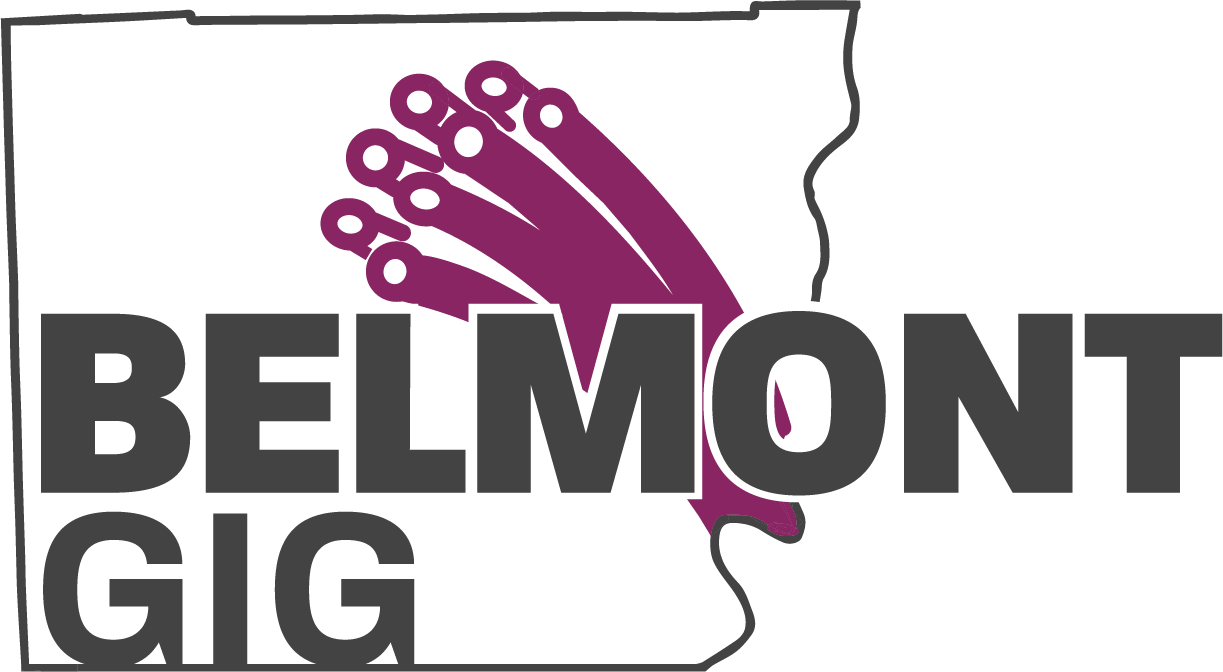RESIDENTIAL
Open Internet Disclosure Statement
The Federal Communications Commission (“FCC”) requires that we provide you with the following information regarding BELMONT COUNTY GIG’s mass market retail broadband Internet access services, including information regarding any network management practices that BELMONT COUNTY GIG employs, the performance characteristics of our services, and the commercial terms of our service offerings. The disclosure is intended to provide current and prospective subscribers (“end users”) and providers of “edge” products (i.e., providers of content, applications, service and devices accessed over or connected to BELMONT COUNTY GIG’s broadband Internet access service) with sufficient information to make informed choices regarding the use of such services.
The information provided below applies solely to the portion of our network that provides mass market retail broadband Internet access service. Other portions of our network may be used to provide other services, such as cable or phone service, each of which are subject to their own terms and conditions of service. In addition, BELMONT COUNTY GIG may enter into arrangements to provide Internet service to third party establishments (including coffee shops, bookstores, hotels, libraries, etc.) who then may offer such service to their customers, guests, or others.
Nothing herein is intended to address the network management practices, performance characteristics, or commercial terms that may be adopted by such third party premises operators in connection with their provision of Internet service to others.
The information provided herein may be revised from time to time as BELMONT COUNTY GIG deems appropriate and should be read in conjunction with BELMONT COUNTY GIG’s Residential or Business Subscriber Agreement and associated Service-specific addenda as applicable; Customer Privacy Notice; Acceptable Use Policy and other policies and practices as published on the BELMONT COUNTY GIG website at www.BelmontCountyGig.com/legal-notices.
In order to keep the Internet free and open to consumers accessing lawful content, BELMONT COUNTY GIG does not block, throttle or allow prioritization (affiliated or paid) Internet traffic. BELMONT COUNTY GIG does employ reasonable network management practices, as outlined below, to ensure the network is not negatively affected.
Network Practices
Congestion Management. BELMONT COUNTY GIG currently offers different levels of Residential and Business Broadband Access differentiated by downstream and upstream data rates. BELMONT COUNTY GIG does not adjust or manage an individual end user’s use of their capacity, but the actual use by an end user can affect the user experience. Downstream refers to the information coming to you from the network and upstream refers to the information going from you to the network. End user experience can be negatively impacted when the end user attempts to run too many tasks simultaneously or by running individual tasks that utilize 100% of the end user’s upstream capacity. For example, uploading large files to cloud-based back up servers may occupy 100% of the end user’s upstream capacity. This could preclude the end user from running other network-related tasks while the file is uploading.
The BELMONT COUNTY GIG network, as a whole, is shared among its users and has a set capacity for downstream and upstream communication. While BELMONT COUNTY GIG will not manage an individual end user’s capacity, BELMONT COUNTY GIG may take action to manage the capacity of the entire network or part of the network if an end user’s actions unreasonably impact the ability of others to use the network. For example, BELMONT COUNTY GIG may employ reasonable network management practices to protect against security or denial of service attacks that can negatively affect our network and may cause service degradation. End users can minimize the possibility of these problems by maintaining an up-to-date anti-virus program on their computer and following common sense practices like avoiding unsolicited attachments from unknown parties.
BELMONT COUNTY GIG wants all end users and edge providers to be able to use the network for all legal purposes at all times. Toward this end, BELMONT COUNTY GIG employs reasonable network management practices to ensure that no single application uses more than 35% of total network capacity. This practice is employed to avoid a single application from overwhelming the network and rendering some end users unable to use the application of their choice or reach the edge provider of their choice. If/when a single application exceeds 35% of total network capacity BELMONT COUNTY GIG monitors that application and may restrict the bandwidth, so as not to overwhelm the network.
Usage Limits. BELMONT COUNTY GIG reserves the right to manage network usage to ensure that the activities of a small number of customers do not degrade, inhibit or interfere with the use of our network. The goal is to ensure that all users have reasonable access to the network at all times. BELMONT COUNTY GIG does not currently enforce specific limitations on the amount of Internet data utilized by its customers through data caps or usage-based billing.
Application Specific Behavior. BELMONT COUNTY GIG does not discriminate against or prevent users of its broadband Internet access service from accessing lawful content or services; running lawful applications and services of their choice; or connecting their choice of legal devices, so long as such applications, services and/or devices do not harm the network or the provision of broadband Internet access service, facilitate theft of service, or harm users of the service. Moreover, BELMONT COUNTY GIG does not impair or degrade specific content, applications, services or non-harmful devices so as to render them effectively unusable, subject to any reasonable network management practices described herein.
BELMONT COUNTY GIG reserves the right to employ reasonable network management practices to prevent specific harmful or illegal activity, such as the dissemination of viruses or other malicious code or the transfer of child pornography or other unlawful content.
Device Attachment Rules. Belmont County Gig provides the customer with an Optical Network Terminal equipped with a minimum of one IEEE standards based Ethernet port as part of the service. Belmont County Gig may provide an IEEE standard based Residential or Business Gateway/Router with or without WiFi as part of the service during introductory promotional periods. As technology changes, BELMONT COUNTY GIG reserves the right to update their list of approved models and require the customer to replace a previously-approved models that is no longer compatible.
Security. BELMONT COUNTY GIG employs certain practices to ensure the security of our customers and our right to protect our network. These include practices intended to protect BELMONT COUNTY GIG servers against Denial of Service attacks and to prevent harmful elements such as viruses, spam and identity theft.
To that end, BELMONT COUNTY GIG blocks a limited number of ports that are commonly used to send spam, perpetrate identity theft or launch attacks on the network.
Port & Reason
- tcp/udp 135: Viruses
- udp 402: Unsafe Compaq Client
- udp 427: Unsafe Service Discovery
- tcp/udp 445: Win 2k File Sharing
- tcp/udp 548: MacOS File Sharing
- udp 1900: Unsafe Universal PnP
- tcp 3127: MyDoom Worm
- tcp 4444: Blaster Worm
- udp 9009: Unsafe LDAP
- udp 12345: Common Trojan Port
- tcp/udp 27374: Sub7 Trojan
- udp 31337: Back Orifice Trojan
- udp netbios-ns: Viruses
- udp netbios-dgm: Viruses
- udp netbios-ss: Viruses
- tcp 25(smtp): Viruses/Spam Relays
- icmp echo: Viruses/Hacking Exposure
- tcp 80 (www): Unsafe WWW Port/Viruses
- udp 5351: Shadowserver
- udp 161: SNMP
- udp 389 (LDAP)
Performance Characteristics
Service Description. BELMONT COUNTY GIG offers their residential and business customers a variety of levels of broadband Internet access service tiers with varying targeted speeds and features that may affect the suitability of such service for real-time applications. The features, pricing and other commercial terms of our service offerings are modified from time to time, and not all packages are available in all areas. Each package is priced to reflect the particular speed and features of that package. Full descriptions and pricing information for all currently available packages are available at www.BelmontCountyGig.com.
The FCC requires that we disclose information regarding the expected and actual speed and latency of our Internet access service offerings. Latency measures the average time it takes for a data packet to travel from one point on a network to another. It is typically measured by round-trip time utilizing milliseconds. While latency generally does not have a significant impact on day-to-day Internet usage, certain applications may be particularly affected by latency, such as high-definition multiplayer online games.
Our advertised speeds are estimates that BELMONT COUNTY GIG targets to achieve for its customers. BELMONT COUNTY GIG cannot guarantee that a customer will achieve those speeds at all times. The actual speeds achieved by customers may vary based on a number of factors, including but not limited to: (a)the performance and capabilities of customer’s computer; (b) the connection between a customer’s computer and Ethernet access port, such as the use of wireless routers; (c) variances in network usage; (d) the distance a packet of information must travel from the customer’s computer to its final destination on the Internet; (e) congestion or variable performance at a particular website or destination; or (f) performance characteristics of transmissions over the Internet that are outside of BELMONT COUNTY GIG’s control.
There are a number of available tools online that customers may utilize to measure Internet performance. One of the available speed test tool is operated by a third party. and is available through the Customer Care Portal. Please note that all speed tests have biases and flaws and should be considered a guide rather than a conclusive measurement of performance.
Impact of Specialized Services. The FCC’s “Open Internet” rules distinguish between our mass market retail broadband Internet access and “specialized services” that share capacity with our broadband Internet access services over our last-mile facilities. Examples of these “specialized services” may include home and business phone services, which utilize Voice over Internet Protocol (“VoIP”) technology, and IPTV video services. Use of these services, which are not subject to the same rules as our broadband Internet access services, share bandwidth with our Internet access service and because of the nature of the service may sometimes receive priority on our network. As a result, increased use of these services may affect our broadband Internet access service at certain times.
BELMONT COUNTY GIG monitors the impact of these services on our network to minimize their impact on our broadband Internet access service.
Commercial Terms
Pricing. BELMONT COUNTY GIG offers multiple tiers of broadband Internet access service. The current pricing and other terms and conditions of the various tiers, including fees associated with early termination or additional network services is available at www.BelmontCountyGig.com or by calling our office.
Privacy Policy. BELMONT COUNTY GIG values the privacy of our customers. The personal information that you provide to BELMONT COUNTY GIG is governed by our Privacy Policy available at www.BelmontCountyGig.com/legal-notices, which is subject to change from time to time.
Redress Options. If you have any questions or concerns regarding your service, please contact our customer service department. Customers may also email us at customerservice@BelmontCountyGig.com.
Written complaints may be sent via U.S. mail to: BELMONT COUNTY GIG, PO Box 29, Morrow, OH 45152. The FCC has established procedures for addressing informal and formal complaints relating to its “Open Internet” rules. For information concerning these procedures, please refer to the FCC’s website at www.fcc.gov/guides/getting-broadband.


